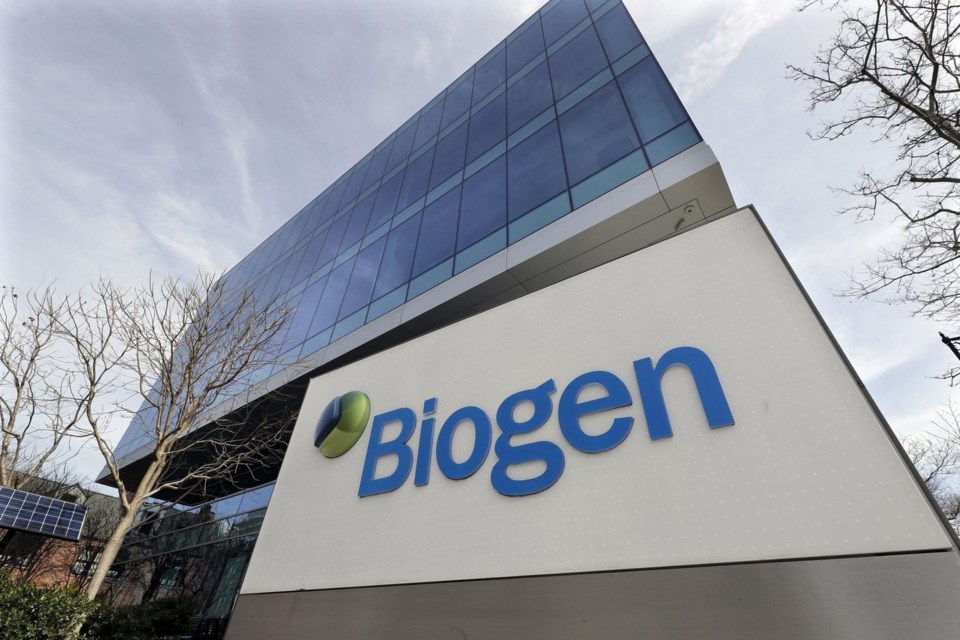European regulators have finally approved the Alzheimer’s treatment Leqembi after an advisory committee initially rejected the drug last summer and then reconsidered it.
The infused treatment from Japanese drugmaker Eisai and Biogen received approval for patients in early stages of the fatal, mind-robbing disease. The decision applies to all 27 members of the European Union plus Norway, Iceland and Liechtenstein, the drugmakers said late Tuesday.
The European Committee for Medicinal Products for Human Use initially said last July that the drug should not receive marketing approval due to concerns about its side effects. Those include brain bleeding and swelling, which can be dangerous in rare cases.
Eisai asked the committee to reconsider its decision, and it then recommended approval in November.
Leqembi clears a sticky brain plaque linked to the disease. A large study has shown that it slowed memory and thinking decline by several months in those who received the treatment compared to those who got a dummy drug.
The drug was approved in Europe for patients with the brain plaque and one or no copies of a certain gene, making them less likely to experience side effects.
The European approval confirms Leqembi's positive risk-benefit profile, TD Cowen analyst Phil Nadeau said in a research note. But he added that the drug's European debut will likely be slow, developing over several years.
Eisai developed Leqembi and is co-marketing it with Cambridge, Massachusetts-based Biogen Inc.
The drug and a competing treatment, Kisunla, from Eli Lilly and Co. are the first to convincingly show a delay in cognitive decline for patients. Both have both been approved by U.S. regulators.
But the European committee said last month that Kisunla shouldn’t receive approval due to side effect concerns. Indianapolis-based Lilly said it hopes to continue discussing the drug through a decision reexamination.
Biogen shares rose about 25 cents to $117.23 in midday trading Wednesday while broader indexes slipped.
Tom Murphy, The Associated Press



